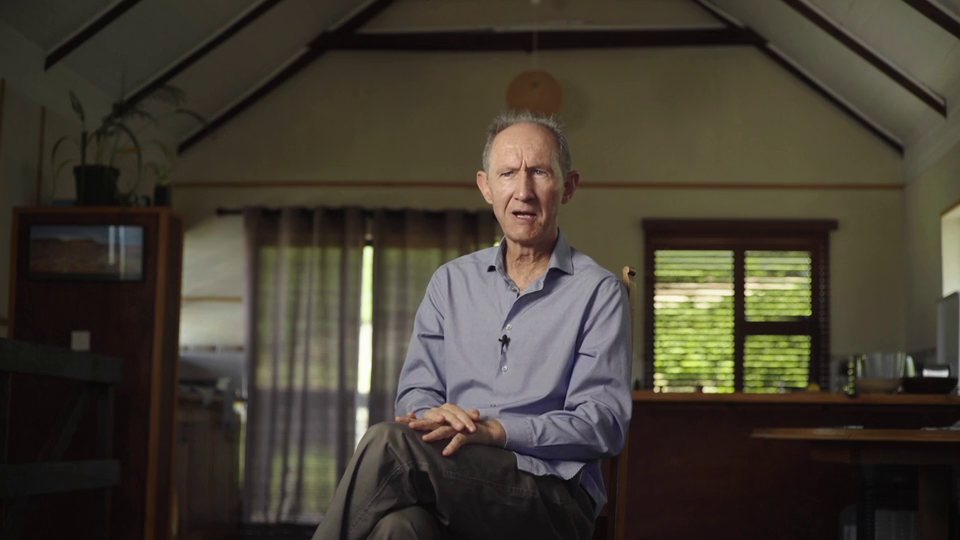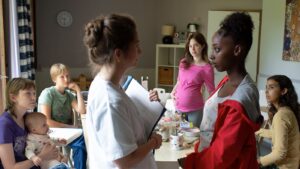Title: Legacy: Apartheid’s Shadow
Year: 2024
Country: South Africa
Language: English
Director: Tara Erica Moore
Director’s Interview with Variety:
Apartheid may have fallen, but its shadow still lingers. A definitive documentary on one of history’s most brutal regimes, revealing how its dark legacy continues to shape the nation today.
Thirty years after the fall of apartheid, South Africa remains the most unequal country in the world. From South African filmmaker Tara Moore comes a landmark documentary that reveals the deep-rooted forces of inequality still shaping the nation today.
See the Interview of Director Tara Erica Moore
It is much easier to blame the past when a new government or leader takes over. In South Africa and many parts of Africa we need to go back further and harder to look at how did this all start. In the case of South Africa do we look at Britain and colonialism from the 1800’s or do we go back further and look at the Netherlands and the Dutch East India trading company who arrived in S.A. in 1652. Both were advanced countries with wealth and the ability to trade and reap the benefits of resources and cheap labor to improve their nations. This is no difference than many other African, Indian or other resource-based countries where richer nations found their targets for resources and trade and cheap labour or slavery. While the early Dutch and German colonialists were primarily trading and farming, their rigid Calvinistic beliefs gave them a belief of superiority over the inhabitants in South Africa and German South West Africa at that time. They believed through God that this was preordained –See this article It is also appropriate to look at British Colonialism and their treatment of the inhabitants in parts of Africa and India particularly.
The major difference with the descendant of the Dutch was that they devised 2 distinct education systems with Apartheid by withholding various historical facts from the non-whites, also creating an education system extremely inferior to the white education system, particularly in the primary and high school education systems in the country. Britain wanted their education standard to be followed in all their colonies. Post education was a little more balanced.
This all becomes relevant in the documentary when it is acknowledged that the education levels for the non-whites together with the brutal repression of the pass laws and police brutality in the townships has caused the failure of the ANC, it’s corruption and failure to deal with crime and protection to all its inhabitants.
As a young boy I would go with my father to his hardware and timber business, on the outskirts of Soweto. I would sit in the cabin of the delivery truck next to the driver doing timber and material deliveries all over Soweto. We would go through many poorer areas where the inhabitants had self-built shacks, to more established small houses of brick and corrugated roofing where the deliveries were made. I saw and learnt at a young age what it was like for the young kids my age playing in the dirt streets, pushing bicycle wheels with no tires and other hand fashioned metal toys There was all sorts of garbage lying in the ditches alongside the streets and I would ask the driver why these areas were so different from the other areas where we would deliver the materials, but all he said was that’s how it was.
I left South Africa in 1975 just before the Soweto Riots. I never knew anything about H.F. Verwoerd’s grandson, Wilhelm.
I have returned many times to South Africa and have been back to that very spot and toured the house of Bishop Tutu and the street where Mandela was born just close by. I have also visited the Apartheid museum and the Constitution Court, defending one on the strongest and most successful constitutions worldwide.
Every time I leave, I wonder if things will change and when. As the original curator of the first south African film festival, these films give me hope and I can clearly say that this year’s festival was one of the best, with international participation, and in considering serious questions and solutions.




